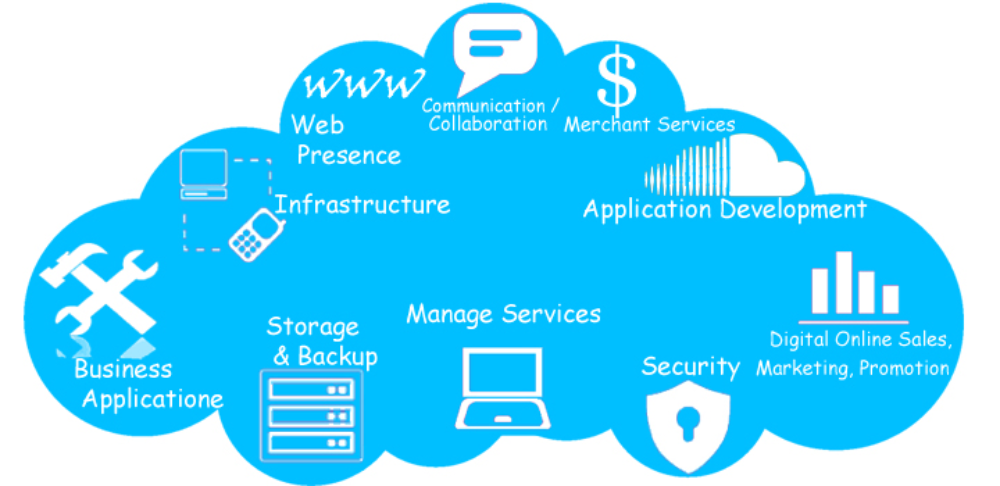I love my iPad and iPhone, but not enough to take ’em to bed and wake up with them. But apparently some folks do.
The ability to stay constantly connected to the Internet is making consumers increasingly dependent on the cloud for their daily needs, Ericsson ConsumerLab (http://www.ericsson.com/thecompany/our-insights/consumerlab) research has found. And while the smartphone revolution may have started this trend, the research has shown it is app usage that is likely to make it continue. Apps are actually shaping the way people are using connected devices.
Behavior around apps is also creating a new set of expectations when it comes to connecting consumer electronic devices. Devices must be connected if they are to be useful. For example, 54% of US users of portable storage devices said that they wanted to be able to synchronize these with their home computer files from anywhere. And 49% of camera owners in the sample wanted direct access to secure online storage for their photos.
“Our research found apps are appealing to people at an emotional level,” says Michael Björn, head of research at Ericsson ConsumerLab. “Consumers become attached to a certain set of apps that makes them feel more in control of their lives, and turns everyday chores into positive experiences. Apps even give consumers a new sense of freedom; if a new situation arises, there’s probably an app out there that could help them.”
The research — conducted in a number of locations, including the US, parts of Europe and Japan — found that consumers are increasingly connecting to the Internet via their smartphones before they even get out of bed. In 2011, 35% of US Android and iPhone users said that they interacted with such non-voice apps as Facebook on their smartphones before rising. The ease of internet access is enabling consumers to utilize an increasing number of cloud-based services to perform everyday tasks.
Consumers today depend less on the devices they use, and more on the apps that help them — not only to connect to news or social-media sites, for example, but also to find a place to eat, organize their family schedules and other everyday activities, says Ericsson ConsumerLab. The app culture is turning into a new way of living and is now also spreading to tablet users and other devices.
Ericsson ConsumerLab’s research also found that this “app culture” is easily transferable between mobile devices — people are using apps on tablets in much the same way as they do on smartphones. The context and situation, not the device, determine how the consumer uses the app.
Ericsson ConsumerLab studies also reveal what may be a turning point — regardless of the device they are using, people are increasingly discovering how difficult it is when they aren’t continuously connected to the cloud.
Actually, there are times when I don’t want to be connected to the cloud. So, sorry iPad and iPhone, you’ll have my attention early each day. But not until I’ve got out of bed, showered, shaved and had that first cup of coffee.
— Dennis Sellers



